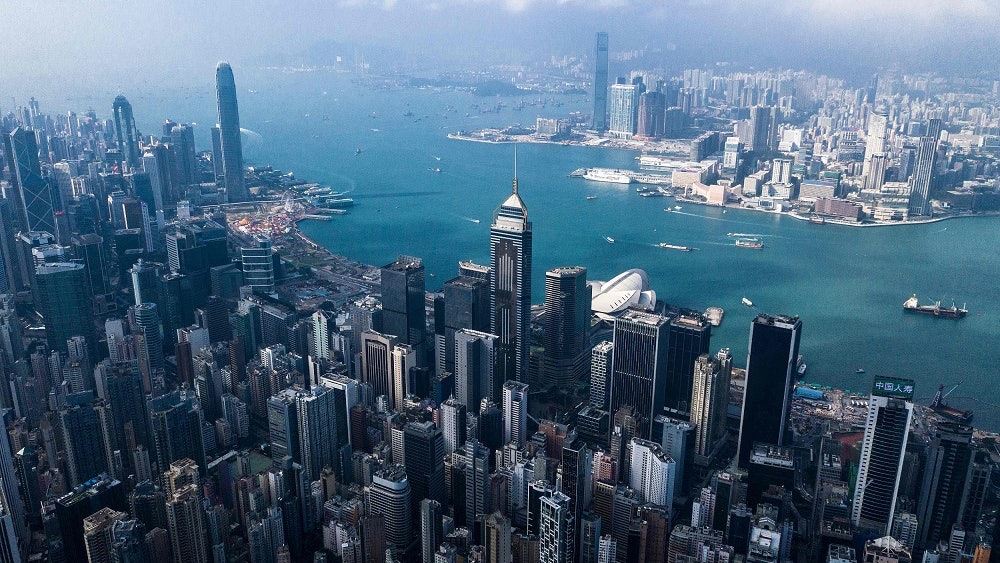A large-scale anti-government campaign broke out in Hong Kong, attracting repeated reports from foreign media. The US “New York Times” published an article on Wednesday (24th) to analyze that the anger of Hong Kong people is not only political dissatisfaction, but also hides anxiety about the economy. The article describes Hong Kong as “probably the most unequal place of residence in the world”, which means that Hong Kong’s property prices are extremely high and the disparity between the rich and the poor is serious.
The article by New York Times reporters Alexandra Stevenson and Jin Wu, “High Price, Low Income, “Coffin House”: The Economic Roots of Hong Kong’s Protests”, visited many Hong Kong people and scholars, and analyzed the politics behind Hong Kong people’s demonstrations. Economic reasons.
The article tells the story of some Hong Kong demonstrators who are dissatisfied with the political situation in Hong Kong and are eager to choose leaders by the people. On the other hand, they are deeply anxious about their own economy and worry that they will be worse later. For example, respondents with security guards live in a room of only 100 square feet called “cage” or “coffin room”. He works for up to 12 hours a day, but his salary is also difficult to cope with living expenses and rent.
The article pointed out that the French “yellow vest” activity similar to the Hong Kong demonstration also had the same anxiety phenomenon, that is, too many people were left behind in the booming economy. Hong Kong is one of the most obvious places for the disparity between the rich and the poor. It has the longest working hours and the most expensive rents in the world. The rents are higher than those in New York, London and San Francisco, but only half of the houses are available. The housing problem has become a source of trouble for many people.
Demonstrators hope to win the right to speak through elections
The New York Times pointed out that there are many problems in Hong Kong. For example, many people are still waiting for public housing, wages are rising, and prices are not rising. Demonstrators believe that government policies favor local developers, tend to build luxury homes, and let rich Chinese buy them. The home pushes up property prices and so on. Many people hope to gain a bigger say in key economic issues through direct elections.
The article said that pro-Beijing officials believe that the long-term solution is to achieve greater integration with mainland China. The legislator and Liberal Party leader Zhong Guobin said that young people can use the government’s entrepreneurial assistance program to do business in Guangdong, Hong Kong and Macau. He feels that Hong Kong people are “spoiled”, but some young demonstrators in Hong Kong have counter-attacked. These reactions are showing that Hong Kong leaders are out of touch with the people.
Kong Rong, a professor of political economy at Johns Hopkins University, believes that “many young people think that there is almost no way out in economics and politics, and this is the background of their despair and anger against the status quo.”












